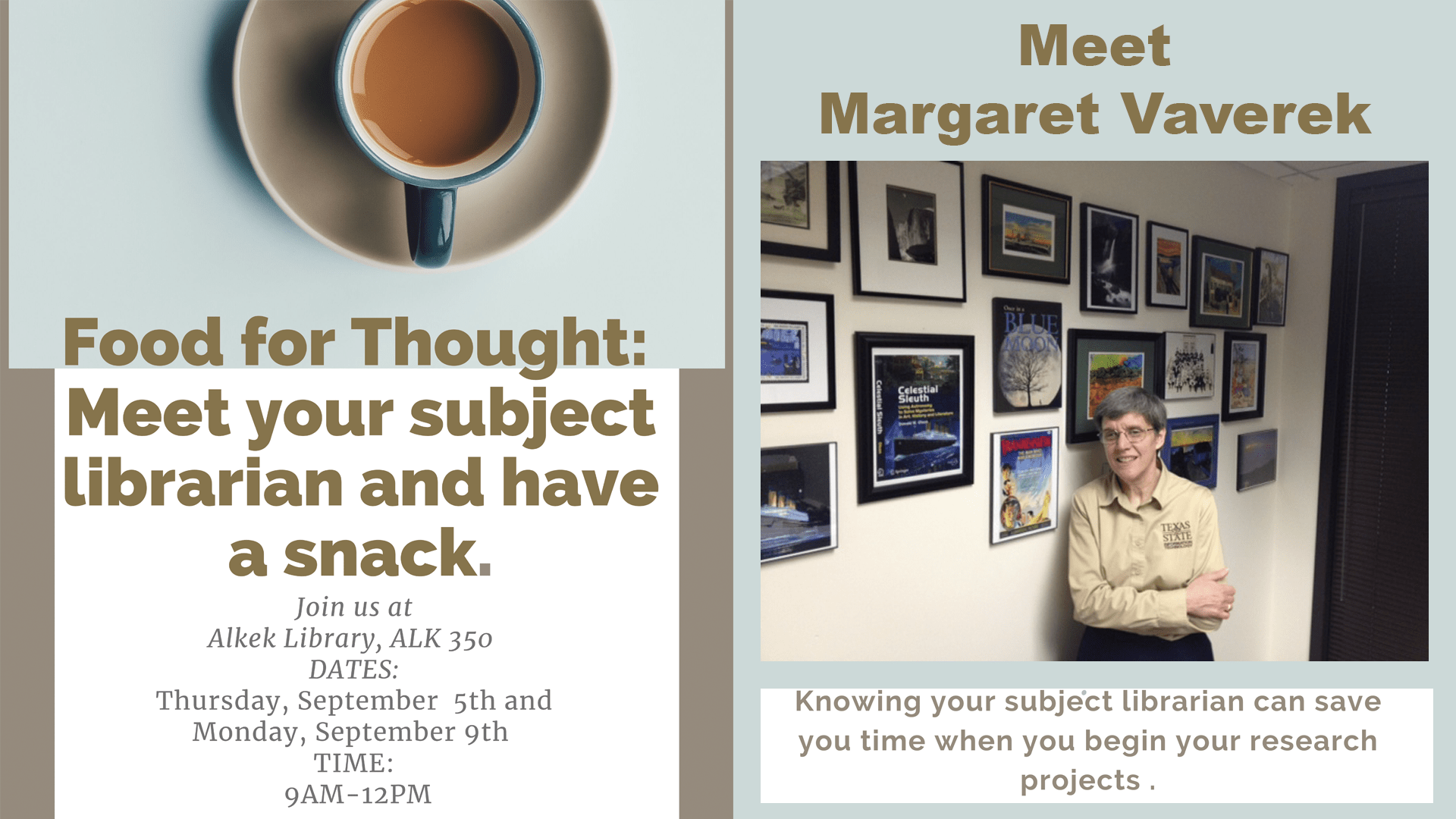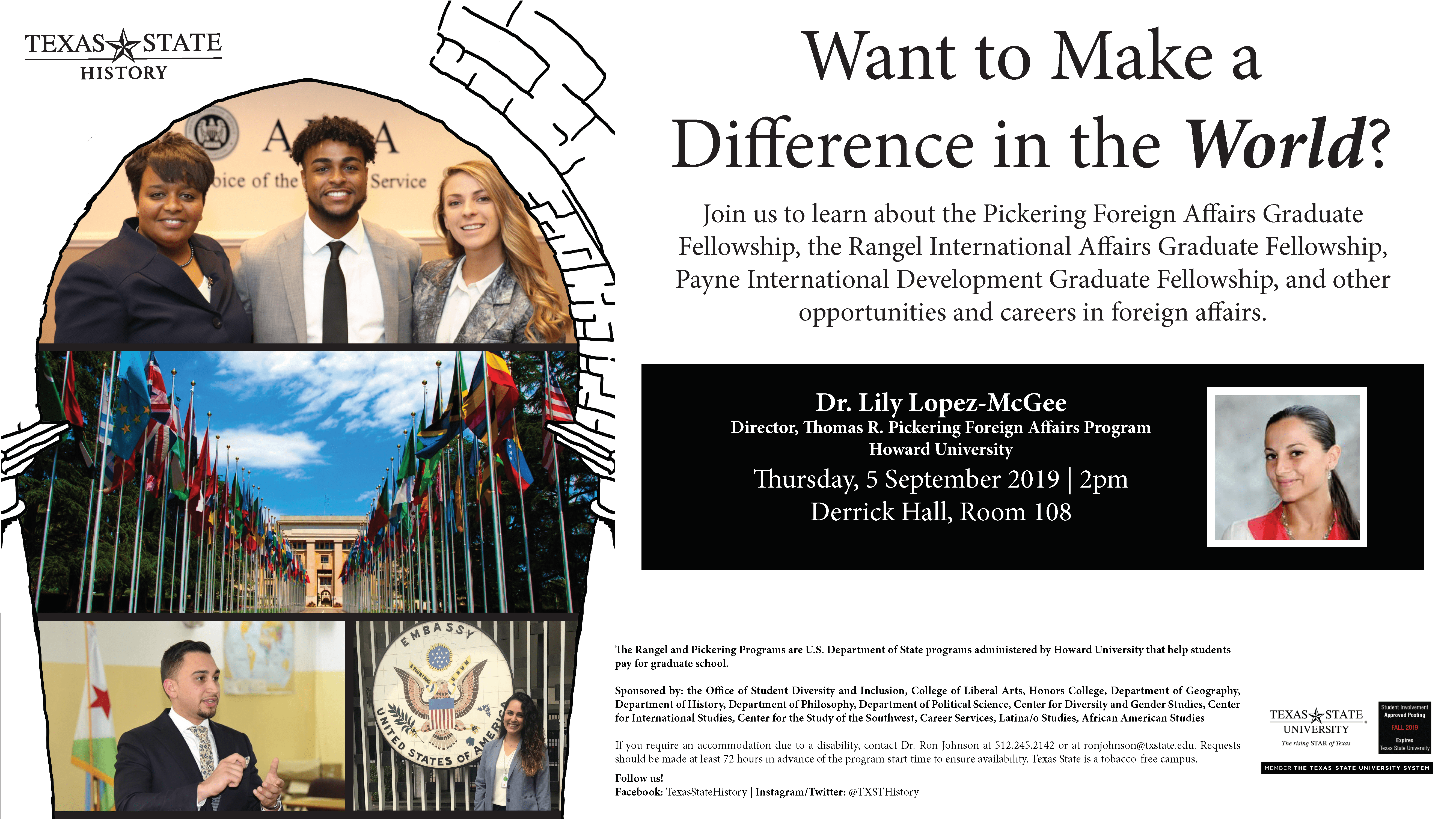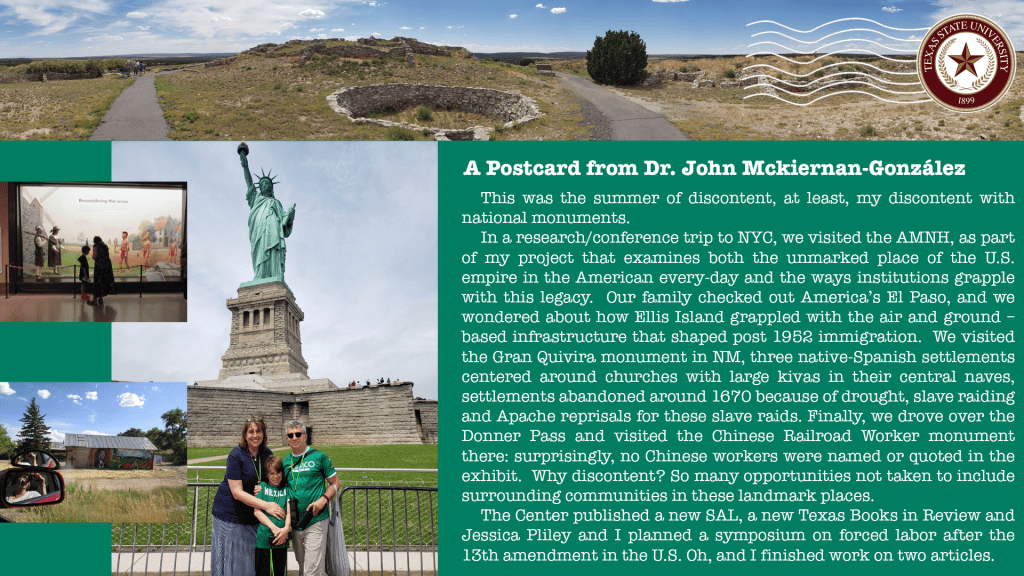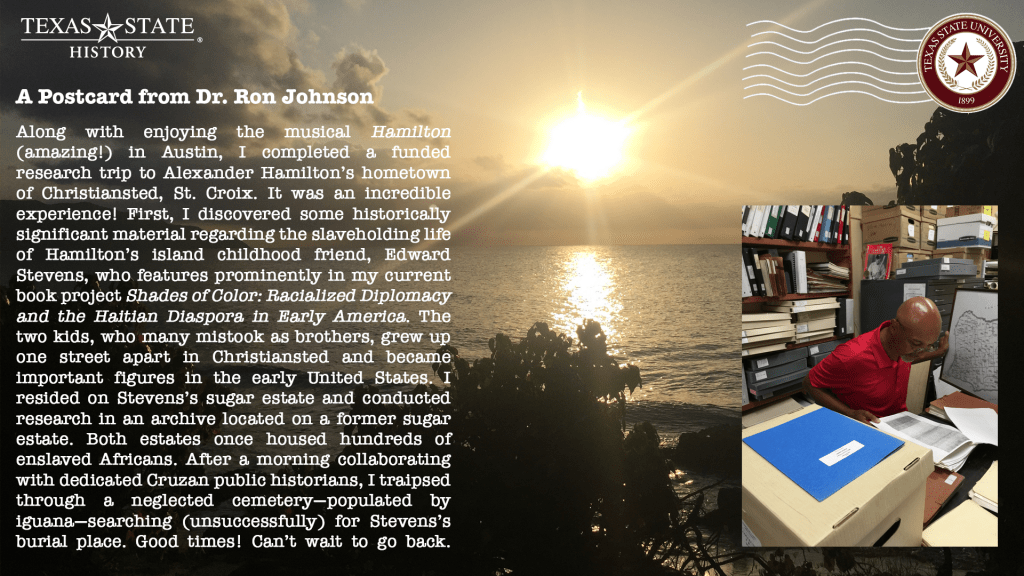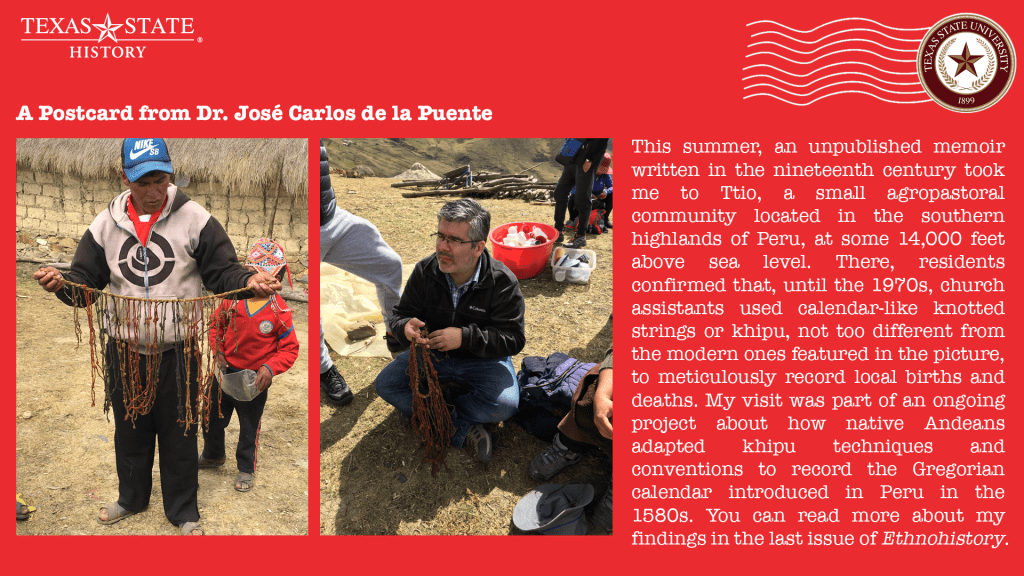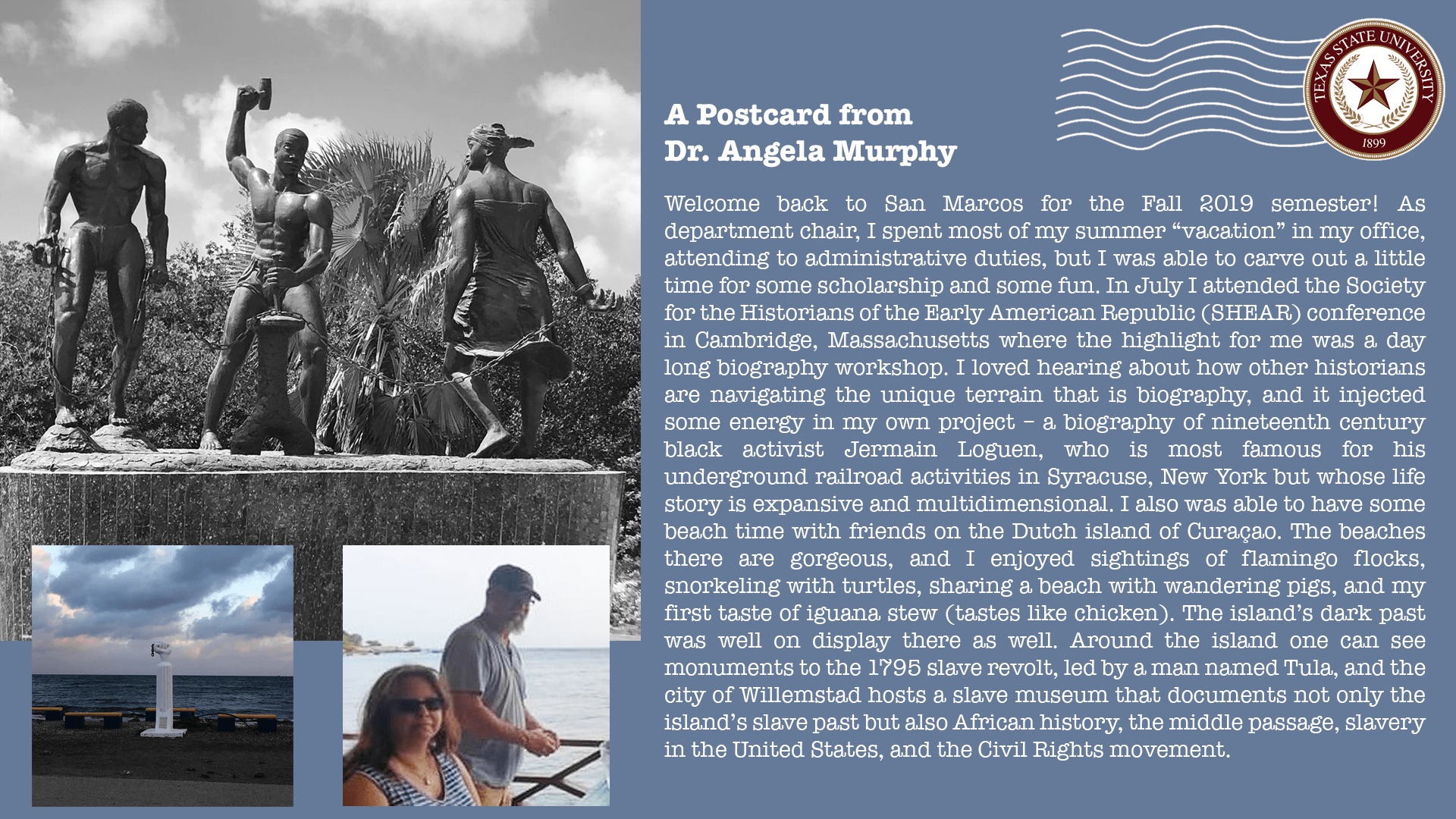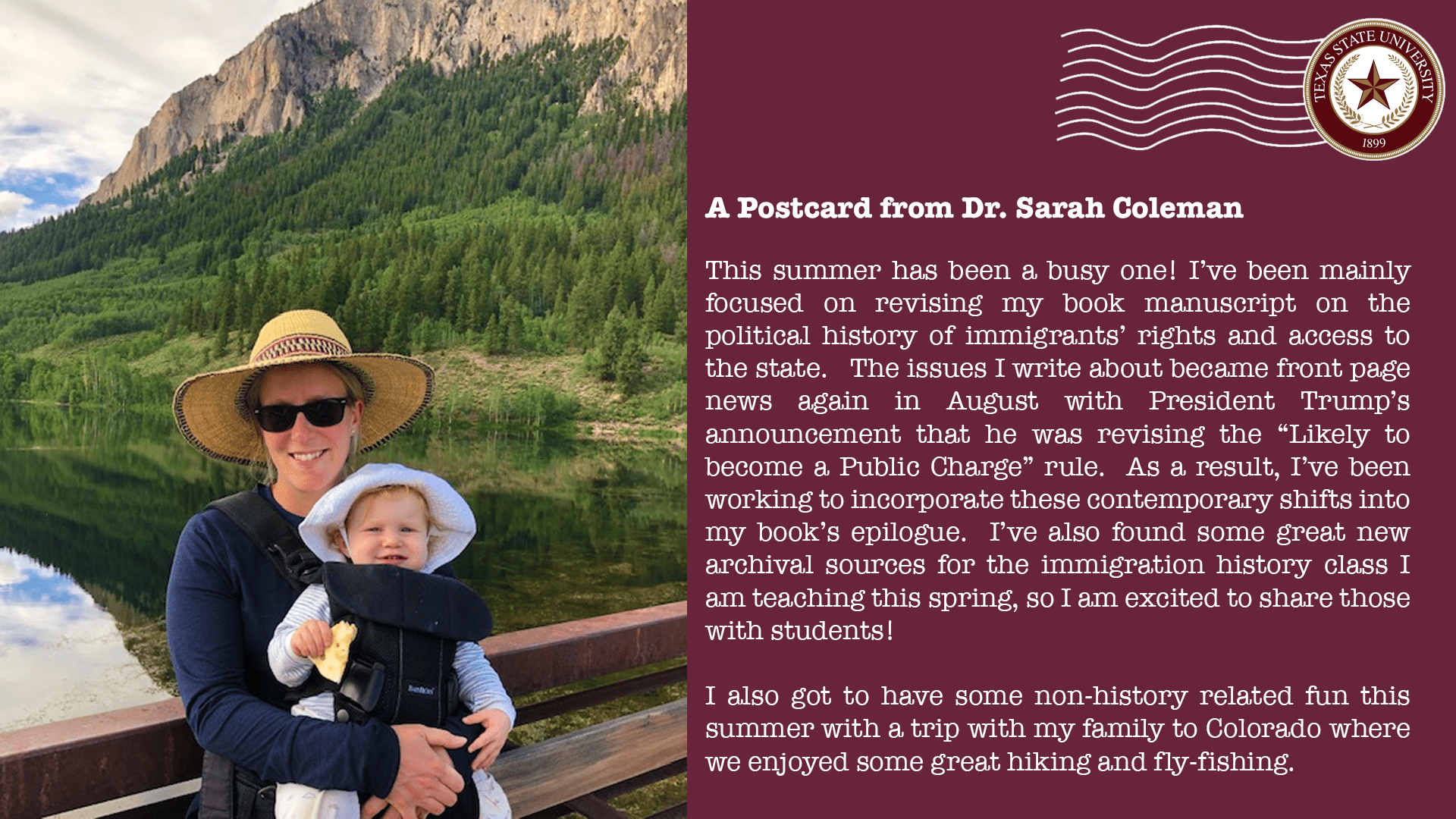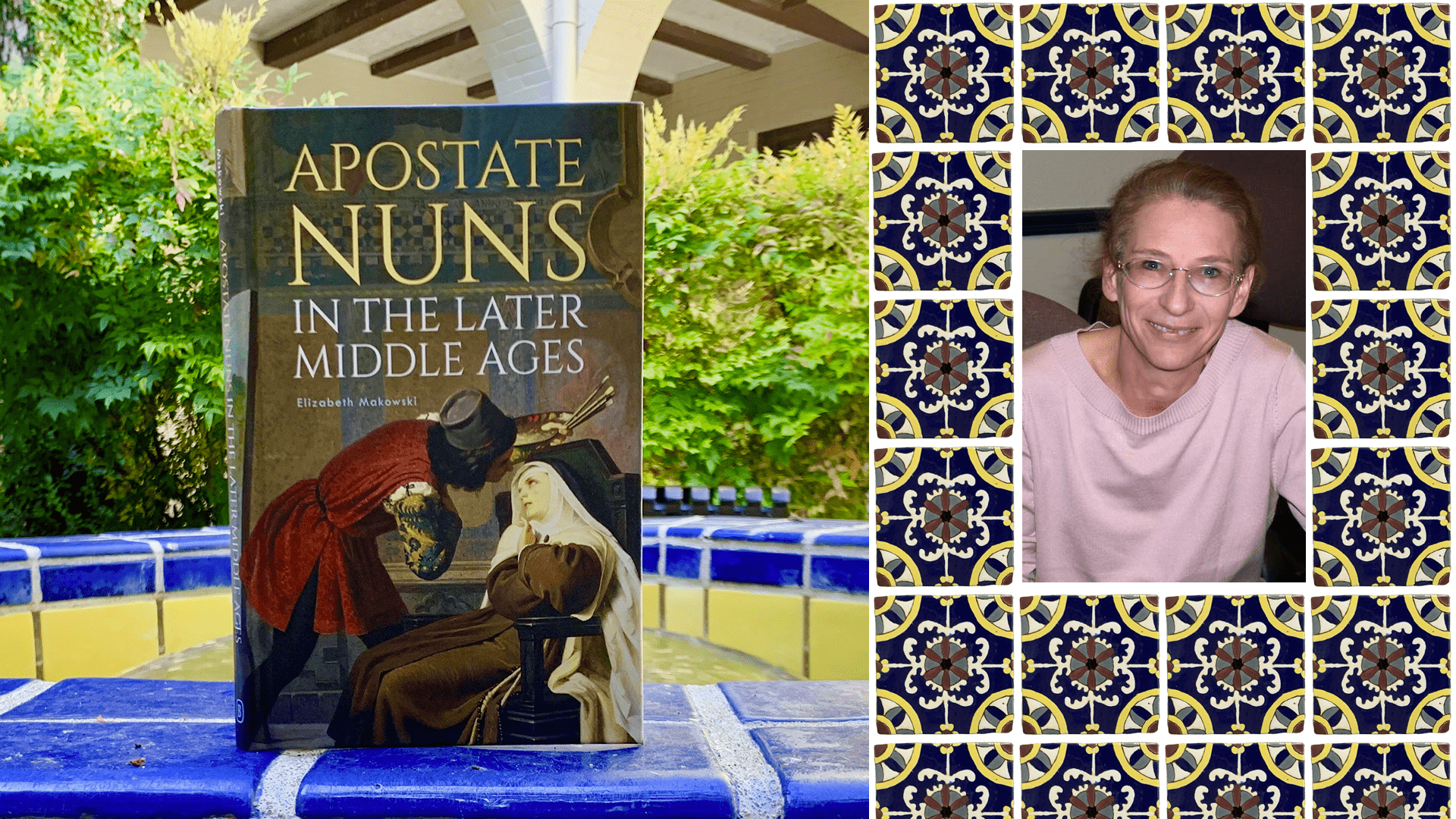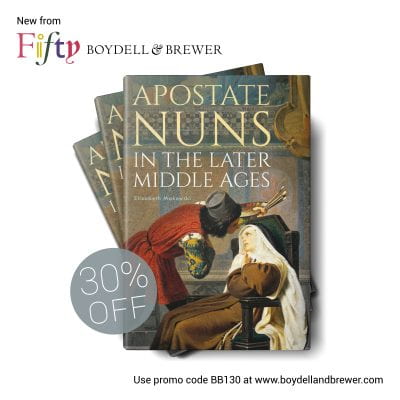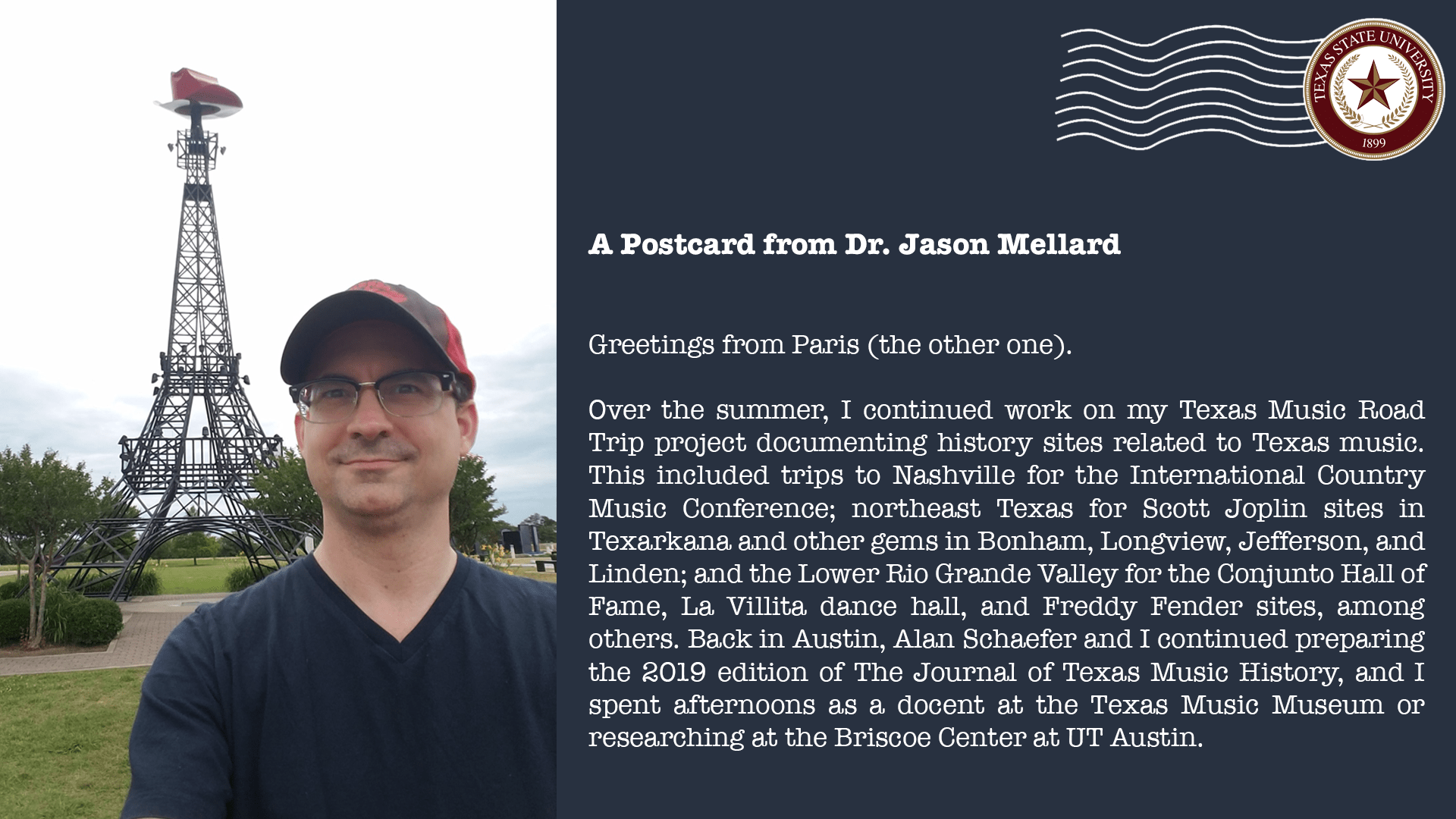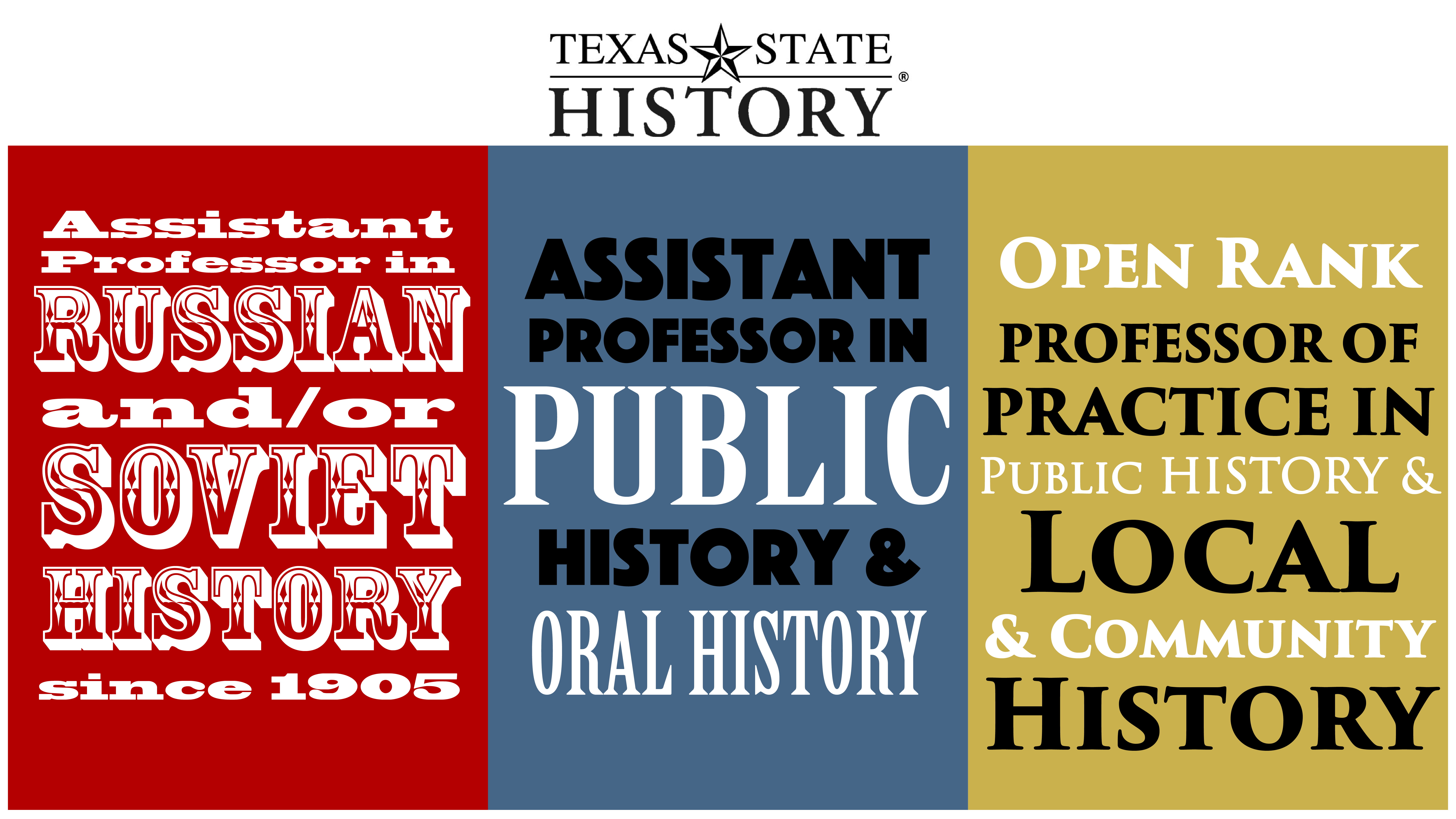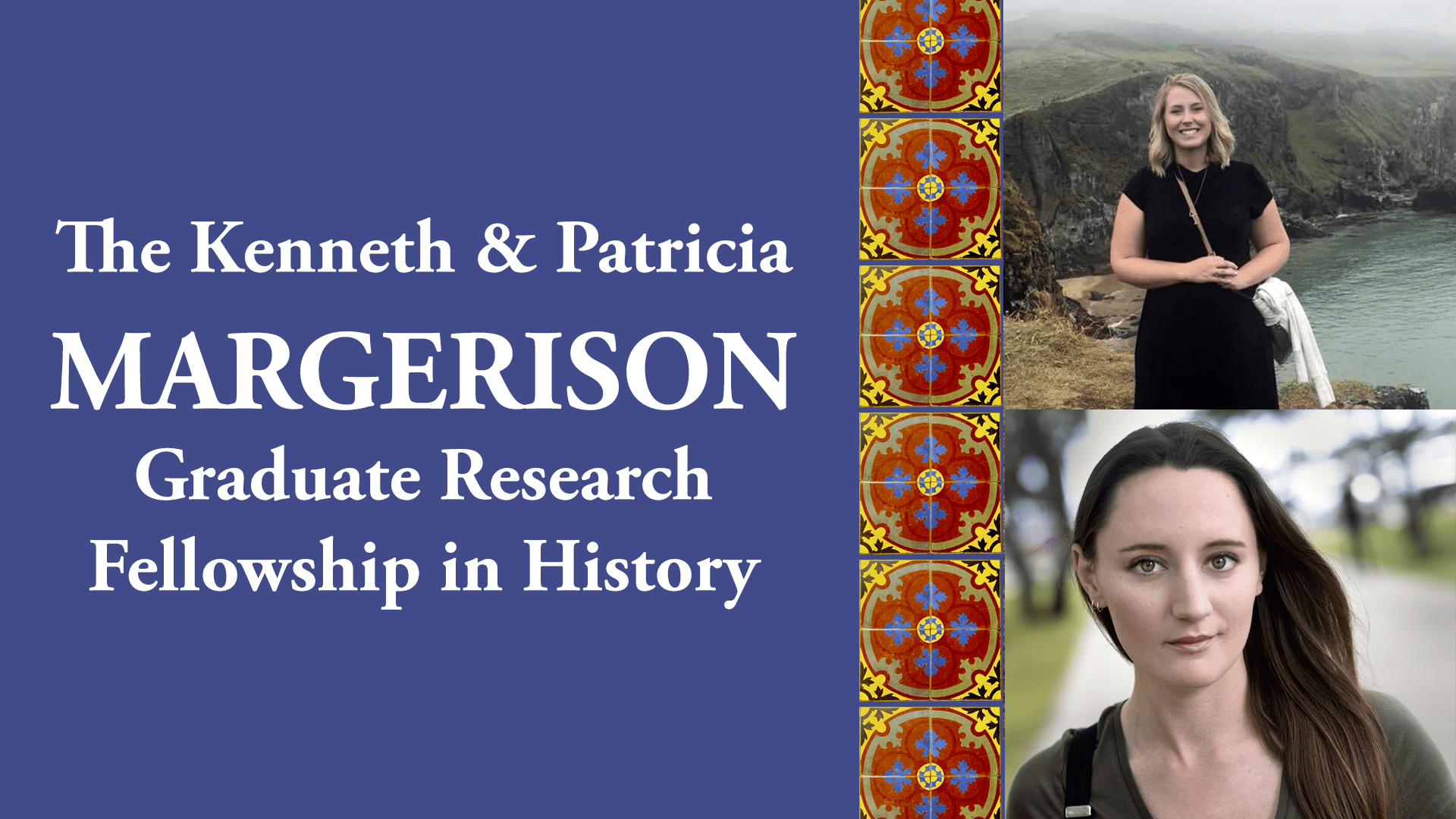
The Department of History is proud to announce the establishment of the Kenneth and Patricia Margerison Graduate Research Fellowship in History. The Fellowship provides support to full-time graduate students enrolled in the master’s degree program in history. Recipients will be awarded funds to fully cover graduate tuition and fees for the spring and fall semesters as well as research support. Recipients will qualify for in-state tuition. The Graduate Studies Committee will consider all first-year students as well as continuing students who demonstrate great promise as historians. In addition to the fellowship, students may also be offered a graduate Instructional Assistantship (IA), which includes a monthly salary. Recipients who maintain a 3.7 cumulative GPA may also have the fellowship renewed!
Please visit the History Department Scholarships website for specific details and requirements.
Learn more about Lauren Kahre-Campbell (top photo) and Amber Hullum (bottom photo), recipients of this inaugural fellowship:
Lauren Kahre-Cambell received a B.A. in international studies with a focus in international relations from Texas State University in 2012 and a J.D. from Michigan State University in 2015. She is currently pursuing a master’s degree in History, with a focus in European History. Her areas of interest include early modern British history as well as women’s and legal history. While earning her degree, Lauren has served as a Liddle Teaching Fellow and been a recipient of both the Dennis and Margaret Dunn Scholarship and the Outstanding Graduate Student in History Award. Her thesis, “Where There’s a Will: Gender, Wills and Inheritance in Early Modern England,” explores gendered patterns of inheritance in early modern English wills. She conducted a portion of her archival research during the 2018 Texas State Chester study abroad program. Lauren hopes to forge a career that combines her legal background with her historical research interests.
How do you see this Margerison Fellowship helping you in your studies?
Lauren Kahre-Cambell: As a non-traditional student, I face some unique challenges in financing my graduate degree. The Margerison Fellowship will really allow me to focus on completing my graduate thesis without additional financial stress. Writing a thesis can be daunting, so it’s nice to have the hard work acknowledged in a tangible way and receiving this fellowship makes me feel even more supported in my endeavors.
What have you enjoyed so far from your time in the Texas State graduate program?
Lauren: I have thoroughly enjoyed the opportunity to delve deeply into my personal passions through the study of history. If I had to pinpoint one formative experience, it would be my participation in the Chester 2018 Summer Abroad program. While conducting my archival research, I had the opportunity to explore sixteenth century wills and manuscripts in person at the Chester Local Archives. I really appreciated the ability to make the kinetic connection with my research subjects, who wrote or commissioned these documents over 400 years ago.
Currently, your work is on women’s and legal history, how do your study of law and history complement each other?
Lauren: It has been so fascinating to approach the law from both its current application and to explore its origins. In the United States we share a common legal history with Britain, so my study of British legal history has been really informative for me in understanding the development of U.S. law. I find it particularly fascinating to explore which legal tenets have evolved or remained static over time.
I must confess that some subjects I found quite boring in law school (probate, inheritance, property rights) are much more interesting from a historical standpoint and have become the focus of my research.
Finally, in both my legal and historical careers I have focused on the intersection of women and the law and it is particularly interesting to me to see how some of the challenges that women face in accessing justice have remained the same through time.
Amber Hullum is a first-year graduate student working towards her master’s degree in Public History. Amber graduated from Texas A&M University- Corpus Christi with bachelor’s degrees in Theatre and in History, with hopes of marrying the two with living history. Amber has been doing living history for over four years and has also worked with the City of Corpus Christi in hosting “La Frontera,” a living history festival with multiple actors playing local historical figures who interact with visitors. After finishing her master’s degree at Texas State, Amber hopes to work with the US National Parks Service as well as museums around Texas to enact more living history programs which will harbor a greater interest for history in a much more exciting, interactive way.
How do you see the Margerison Fellowship helping you in your studies?
Amber Hallum: The Margerison Fellowship is already proving itself to be an enormous aid in my graduate studies. By covering my tuition, I am able to pour all my focus into my work rather than having to divide my time with another job to help pay for my courses and books. Further, now that I have the title of a fellowship behind me, I feel an increased fervor to succeed in my classes. I mean, you don’t really want to do poorly in a class that is getting paid for you by someone else!
You studied theatre and history in undergrad; how do you see those two helping inform your decision to study public history?
Amber: Theatre has been an invaluable part of my education. It has helped me with my communication skills, my creativeness, and has helped to grow my love of working with other people. History has always been exciting for me, ever since my grandparents would take me to annual trips to the Houston Museum of Natural Science. I knew that these two components of my education would best be married through living history, which allows for me to serve others in a way that my two passions can co-exist. Thus, my studies have brought me to pursuing public history.
You’ve done work hosting “La Frontera” in Corpus Christi. What is one memorable experience from your time with La Frontera that inspires your work today?
Amber: While the entire festival was amazing to attend and watch my living historians/ actors interact with the community, the most rewarding moment was when an elderly couple approached me after speaking with some of the “characters” and exclaimed how exciting it was to talk with local historical figures, some of which they were related to. They had never seen anything like “La Frontera” before and they were grateful to have the history of their hometown and family be told. So many people around the state have never heard of– let alone experienced living history. To be able to share this with them, therefore, is why I am pursuing public history.

